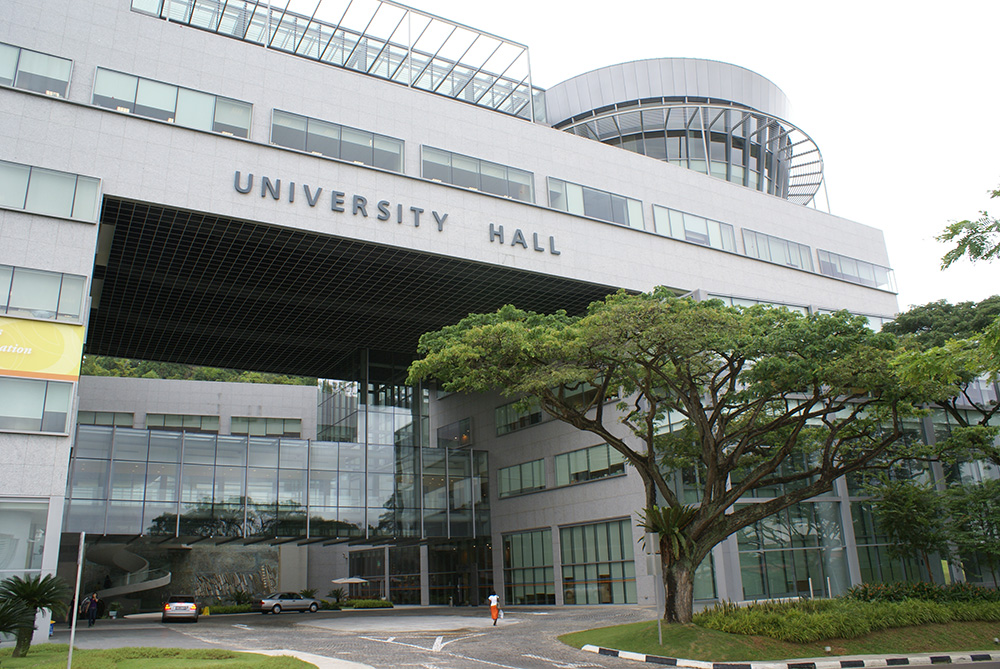We’ve all heard the same question from not just employers, but also parents: Which uni did you graduate from? Most of the time, people get judged simply by the universities they graduate from – this is Singapore, after all!
Most people still put our national universities – NUS, NTU – on a pedestal, and so if you didn’t graduate from these schools, you “didn’t do good enough”. But are private university grads really disadvantaged in Singapore? As a company that has hired everyone from ITE to poly and public and private unis, here’s our take on private uni grads.
People perceive private university grads as rich or not too smart
When someone comes from a private uni, most people automatically think that either you’re 1) not smart enough to get into NUS or 2) you’re too lazy but rich enough to get in, because private unis are more expensive.
If the whole point of a university education is to prepare you for the working world, then who you are as a person – as in your personality, tenacity, resourcefulness, ability to learn new things – is more important than your qualification to an employer.
We’ve had A students from NUS and we’ve been surprised at how little they know outside of school. On the other hand, we’ve had private uni grads with world experience. An important aspect is a good attitude, because they’ve got to be a good team player.
Having said that, grads from NUS or NTU would probably be more favourable in fields like medicine, law, research, etc – unless they’ve got the means to study overseas.

Private university grads earn less after graduation
In Singapore, graduates of private universities have been found to have lower starting salaries and have a longer time securing full-time jobs, although this is not the case for MNCs, which do not discriminate graduates from public versus private schools.
Many people are hung up on initial starting salary – but this can be harmful, because it’s not the starting salary that dictates your worth or what you’ll earn in the long run. (If money is your goal, then trading in bitcoin may be more your cup of tea.)
What factors more is industry trends (some industries do better than others) and career progression. Once you’ve secured your first job, you’ll find that employers pay more attention to your competence and attitude than which university you came from.
Private university students face less competition at school
This is where public universities and private institutions differ.
Public universities like NUS and NTU pride themselves on ranking – you see them on QS and Times Education rankings all the time. That’s the goal of universities: to rank, so that they continue to get grants and government support (which is why school fees are cheaper). This also means that they’d naturally attract the best talents, even from outside Singapore.
So to be in a school that attracts the highest talents, it’s only natural that there would be competition.
Private universities in Singapore aren’t ranked and many of them – like Kaplan, PSB, MDIS, and more – are partnered with multiple overseas universities that are. This means that depending on the course you take, you’ll actually graduate with a degree conferred by the overseas university (which is a boon for many who want to work overseas).
There are also specialist universities that are based overseas but have a campus in Singapore, including ESSEC (a French business school) and EHL (a hospitality school in Switzerland).
Private universities lack resources
Private universities are usually smaller than autonomous ones which are funded by the government that have facilities spread across huge campuses. Since public universities are big on ranking, they need to maintain up-to-date labs for outputting a constant stream of research findings.
If you’re into lab sciences, a public university may seem to be an advantage especially if you plan to go onto postgrad studies. (But that doesn’t mean they don’t have issues within their campuses, as a Redditor from NUS pointed out a while back.)
Public universities on overseas internships and career connections
Public universities have great networks of prestigious universities around the world, so students can easily do a semester in other parts of the world (insert jokes about how these students come back with an adopted accent). Thanks to their reputation (ie. ranking), public universities are also well-connected to help their students with internships.
Private universities are often seen to lack this resource and connections. However, some private universities are structured such that you can complete your degree in up to 3 different countries. For example, ESSEC is a French business school that has campuses in Singapore, France, and Morocco where you can do a year or semester. EHL is a hospitality management school with campuses in Singapore and Switzerland where you’ll spend at least a year.
Both of these schools also mandate internships as part of their curriculum – many of these are overseas – and have a strong network of connections to help grads secure jobs post-graduation.
Conclusion
While many people still think graduating from a private university is a second-tier option, you have to remember that not all companies focus on the university you graduated from.
The key is to make the most of your education: cultivate a professional network while you’re studying and go on as many internships as you’re able – a resume with these experiences will do you a world of good. Another thing is to present well at interviews, because first impressions do count!
At the end of the day, it’s not the school that matters – if you have a gung-ho attitude and networking skills, you’re a far better candidate than a wallflower from a public university.












